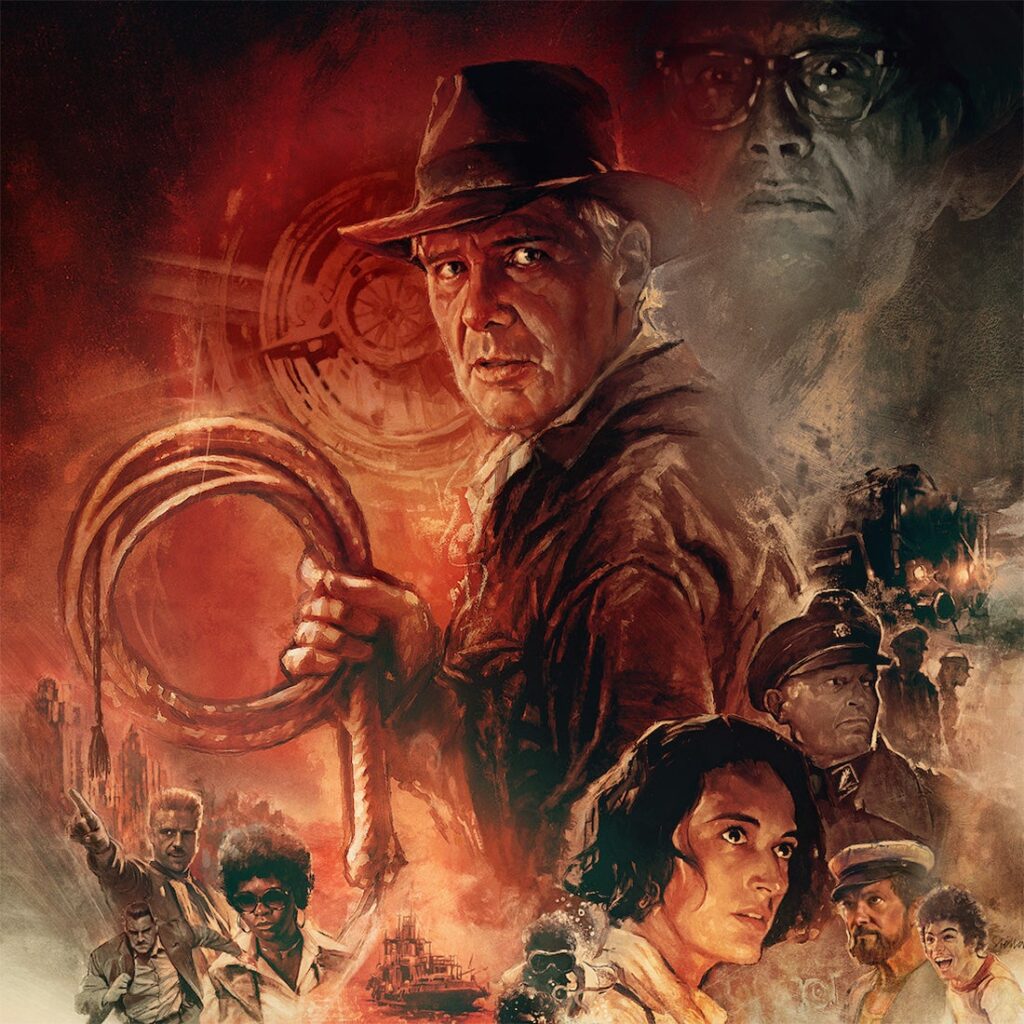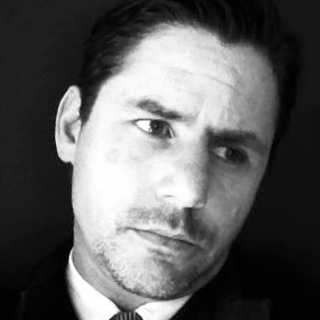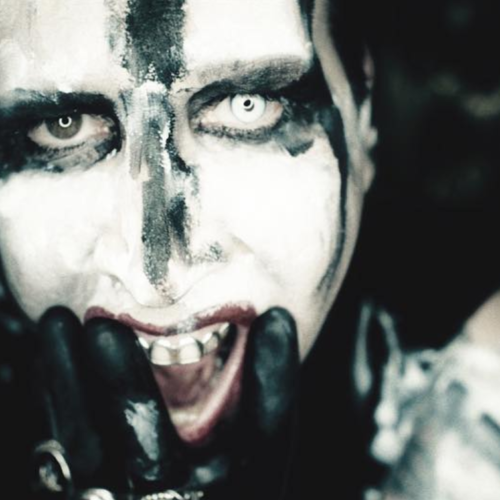
I went into the theatre this past weekend loaded for Bear.
For two weeks prior to seeing Indiana Jones and The Dial of Destiny, I watched all four Indiana Jones movies to get ready for the final installment of the popular Indy franchise. Like so many people, the first Indiana Jones movie was a powerful cinematic experience for me. My dad took me to a showing of Raiders of the Lost Ark at our local theatre and the moment Harrison Ford, playing Indiana Jones, stepped on screen, I was transported into a different world. The rugged hero with the classic leather fedora and bullwhip, traveling across the globe to find rare artifacts in exotic locations, captured my young childhood imagination. Indiana Jones made archeology look cool, and the mastery of Steven Spielberg’s movie-making skills truly moved me.
So naturally, when the final installment, Dial of Destiny, came out, I wanted to see it.
I don’t ever want to be considered a “normie”, a person who accepts things as good just because they are touted by the media moguls doing the advertising who want your money and claim that the product they have put out is “the best thing you ever saw.” So I first peruse the critics that offer a more reasoned review that focuses on both story and quality of the art. But after the last four or five years of listening to critics concerning everything Hollywood has recently seemed to ruin, I fear I am turning into a “hate watcher.” I worry that I am wanting a movie to bomb for the quick rush of schadenfreude.
But on further consideration, I truly do have more noble reasons than hate-watching: I simply am tired of watching movies flounder because destructive progressive principles have seeped into the entertainment industry over the past decade where political ideology runs roughshod over good storytelling. It drives me crazy! Famous I.P.s (intellectual properties) have been hijacked by ideologues for easy cash grabs and a chance to have their day in the sun to stick it to the man. They piggyback off of once beloved characters and then recast them to fit into the latest culturally transgressive antihero, all the while casting dispersion on traditional values and popular tastes. Again, this recent trend is all about politics and not story.
So keeping all that in mind, I entered the movie theatre expecting Dial of Destiny to confirm my dark assumptions. I wanted to hate it.

But surprisingly, I quite enjoyed it. Yes, at times it was slow and pedantic, but at other times I could see some glimmers of the old Indy come shining through. And with John Williams orchestrating Indy’s thematic music, it brings you back to the good old days. But there was still something off about it. It was entertaining, but it wasn’t captivating. One critic, Greg Owen, said it best, “For every one thing it got right, it has two things dragging it down… It gets it done but without the soul.” That is it, it lacked soul. And then he pinpointed what the specific problem really was, “PWB (Phoebe Waller-Bridge) is not a sex symbol, and that is okay. Neither am I.” She is a good character in and of herself, but she clearly is not accomplishing what the writers think she is. And it is this problem that is generally what is wrong with most entertainment these days, Hollywood is completely out of touch with the average fan.
It is not that Helena Shaw, the goddaughter of Indiana Jones played by Phoebe Waller-Bridge, was a bad character. I think the problem lies in the fact that the writers and producers saw in Helena a new hero that the people will love. But after seeing the box office numbers, and listening to your average viewer, they clearly do not. The producers, specifically Kathleen Kennedy, thought Phoebe Waller-Bridge was just the type of person, with her cheeky British persona, who would capture the crowd. But the reason they think this is because she is just the type of person that impresses the progressive crowd.

I think they chose her because they loved her previous, devious, work. She is most famous for her transgressive mold-breaking English snob in the television show, Fleabag. And she also played a sardonic, “bored, passionate middle-aged” female MI5 security officer in Killing Eve. Both of these characters, as one writer says, are the types of women who “say the unsayable, do the undoable, and defy every stereotype of feminine behavior.” And that is exactly what they think people will like, because being the progressive people that they are, it is what they like. Phoebe Waller-Bridge is the perfect feminine anti-hero of the progressive left. A recent article about her in Vanity Fair said she is a “smasher of things.” And that is why they chose her.
Listen to this quick story the same article said about her character in Fleabag, “Waller-Bridge showed an early cut of Fleabag to her family, and it was her brother’s response that most interested her. “He said, ‘I think you’re going to scare a lot of men with this show. It’s going to freak them out.’ And I was like, ‘F- – – g good, it’s about bloody time.’ Again, that narrative of keeping your man satisfied is rammed down our throats forever.”
And there it is; she is edgy, progressive, and willing to thumb her nose at the patriarchy. So the writers use her to thumb their noses at the average fan.
So as I think about it, “Is that what happened in the new Indiana Jones? Is that why it is having a tough time keeping its head above water at the box office?” Yes and No. Clearly, if you are looking to find a feminist uprising in the Dial of Destiny, you can find it. Helena is able to read seven ancient languages, decipher any mathematical code, she can make men from all over the world fawn over her, and in her cheeky banter with Indiana Jones, she seems to always get the upper hand. But if you know nothing about her Fleabagness, and you are not looking for it, you probably won’t find it.
There are times when she is a very agreeable character. Especially in her backstory, a daughter who is very loyal to her father, even calling him a genius. And her willingness to do the right thing at the end of the movie (spoiler: bringing her godfather back to his first love Marion, is a very sweet act of love to Indy). So the character of Helena for me is a mixed bag. I think she could have worked if the writers would have allowed her to have flaws and insecurities. She could have worked if they would have let her learn from the great archeologist, Indiana Jones. Because there is a side to her that is quite likable. But when you have writers who are always wanting her to win, it does not cause you to root for her.
Harrison Ford was surely a cantankerous old man in The Dial of Destiny, and this did not help the memory of those who loved Indiana Jones. But even more than that, your average moviegoer is tired of having the things they once loved “smashed.” I don’t blame Phoebe Waller-Bridge for that, I blame a Hollywood that is mired in a toxic progressive fog. And with such poor box office returns, I am hoping that the fog is starting to lift.

Christopher J. Weeks is an author and has been a bartender, rugby player, salesman in the Chicago loop, teacher in Russia, and now for the last 25 years, he has been pastoring with his wife and four children at a rural church amidst the apple orchards of West Michigan farmland.





